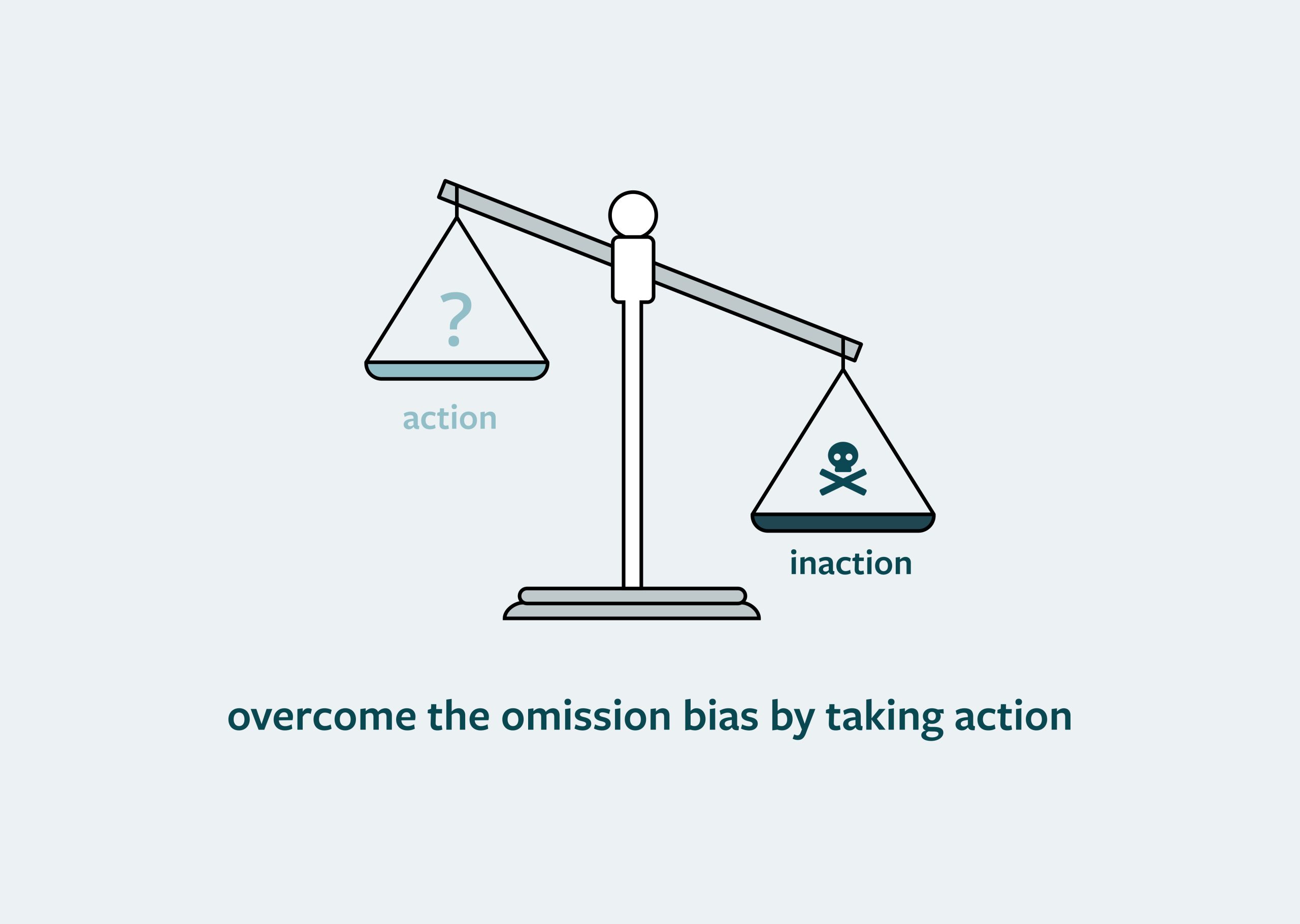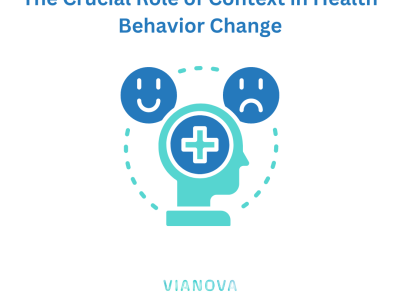
Nurturing Healthy Habits: Overcoming the Omission Bias for Individuals with Chronic Illness
Living with a chronic illness presents unique challenges that require individuals to make conscious choices and develop healthy habits. In such circumstances, it becomes crucial to understand the concept of omission bias and its implications on decision-making. The omission bias refers to the tendency to perceive action as worse than inaction, even when both have comparable intentions and consequences. This bias can significantly impact individuals with chronic illness, leading them to overlook the importance of taking proactive steps towards their well-being. In this blog, we will explore the concept of omission bias and discuss ways to build healthy habits, specifically tailored to those facing chronic illness.
Understanding the Omission Bias
The omission bias stems from our innate tendency to focus on the potential harm caused by our actions rather than the harm resulting from our inaction. We tend to judge overt and harmful actions more severely than harmful omissions, even when both have equally detrimental outcomes. This bias can manifest itself in various aspects of life, including healthcare decisions, personal relationships, and lifestyle choices.
Impact on Individuals with Chronic Illness
For individuals with chronic illness, the omission bias can be particularly problematic. The nature of chronic conditions often necessitates consistent effort and self-care to manage symptoms, prevent complications, and enhance overall well-being. However, due to the omission bias, individuals may perceive taking proactive measures as riskier or more burdensome than maintaining the status quo. This mindset can hinder progress, exacerbate symptoms, and diminish the quality of life for those affected by chronic illness.
Building Healthy Habits
To overcome the omission bias and promote a healthier lifestyle, it is essential for individuals with chronic illness to adopt a proactive mindset and establish positive habits. Here are some strategies to help cultivate healthy habits:
- Education and Awareness: Knowledge is power. Take the time to learn about your specific chronic illness, its management, and the importance of self-care. By understanding the potential consequences of inaction, you can counteract the bias and empower yourself to take necessary actions.
- Setting Realistic Goals: Start small and set achievable goals. Break down larger tasks into manageable steps that you can incorporate into your daily routine. Celebrate each accomplishment, no matter how small, to maintain motivation and build momentum.
- Consistency and Routine: Establish a regular routine for self-care activities, such as medication management, physical exercise, and stress reduction techniques. Consistency breeds habit, making it easier to maintain healthy practices over time.
- Support System: Surround yourself with a supportive network of family, friends, or support groups who understand your challenges and can provide encouragement. Sharing experiences and learning from others can help normalize the process and reinforce positive habits.
- Positive Reinforcement: Reward yourself for taking proactive steps towards your well-being. Find healthy and enjoyable activities that align with your interests and engage in them regularly. Celebrate the progress you make, no matter how small, as every effort counts.
- Professional Guidance: Seek guidance from healthcare professionals, such as doctors, therapists, or nutritionists. They can provide personalized advice, help you set realistic goals, and monitor your progress. Working with a professional can alleviate uncertainties and provide valuable insights.
Overcoming the omission bias is crucial for individuals with chronic illness to develop and maintain healthy habits. By recognizing the tendency to view inaction as less harmful than action, individuals can take proactive steps towards managing their condition and improving their overall well-being. Embracing education, setting realistic goals, establishing routines, seeking support, and utilizing professional guidance are effective strategies in building healthy habits. Remember, every small action counts and contributes to your journey towards a healthier and happier life.



FEEL FREE TO DROP US A LINE.